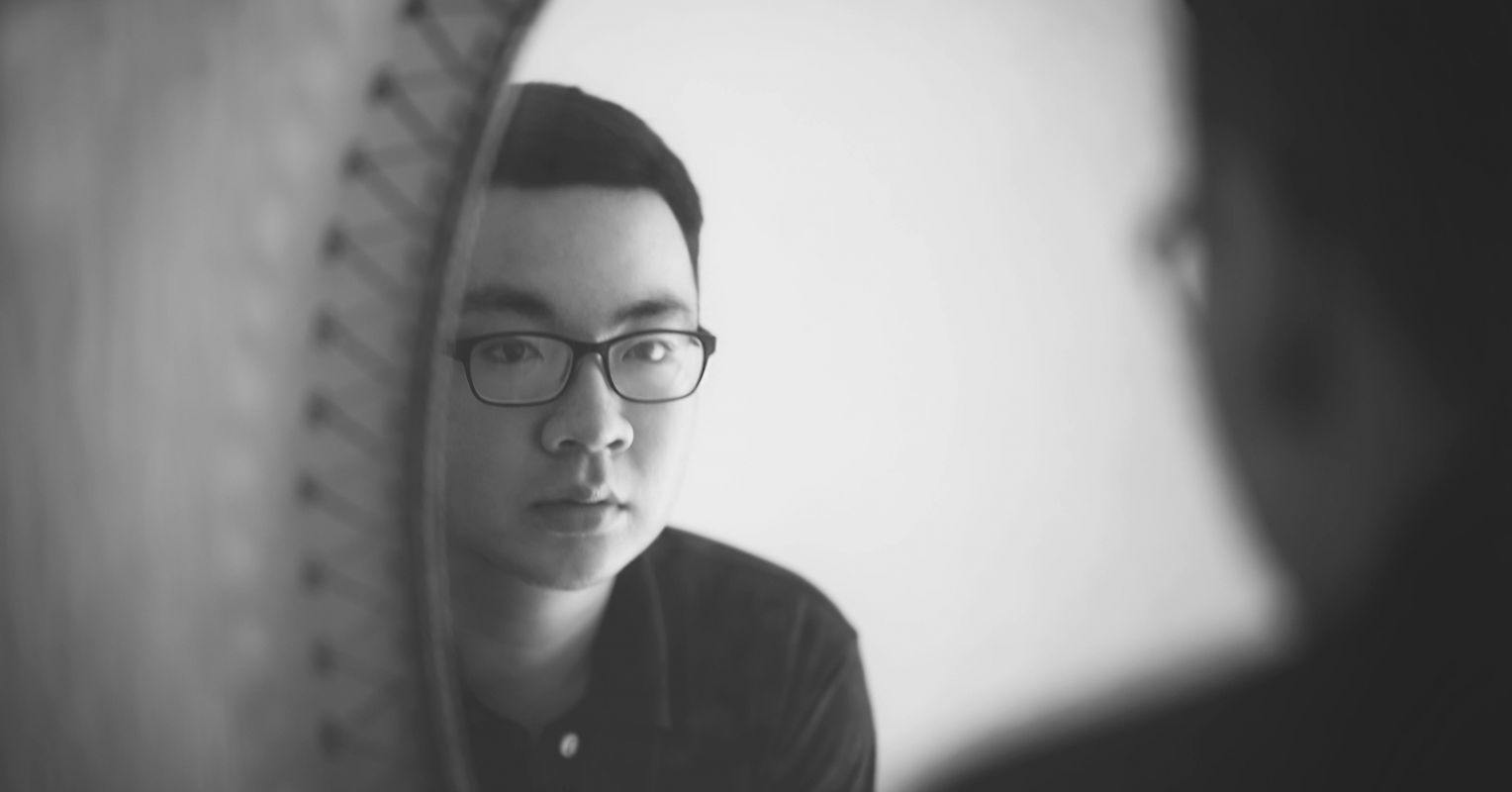
"I ask every new patient a question early in treatment: "What is the most important relationship you have?" The answers vary. Many say their child. Others name their spouse or partner. Some say God. All of these relationships matter profoundly, and I don't minimize their significance. But I always challenge the answer, because I believe the most important relationship each of us has is with ourselves."
"Plato explored this question in the First Alcibiades. Socrates asks young Alcibiades about the famous Delphic inscription "Know Thyself," then pushes deeper: what's the relationship between knowing yourself and caring for yourself (epimeleia)? The dialogue reveals what modern psychology often misses. You must first know what you are in order to properly care for it. So Socrates asks: what IS the self? When Alcibiades suggests his body or possessions, Socrates demonstrates these can't be the self-they're things you have or use, but they aren't you."
A clinician asks new patients which relationship matters most and hears children, spouses, partners, or God named. Those relationships matter profoundly, but the clinician challenges the answers to emphasize that the primary relationship is with oneself. The self is not the body or possessions but the psyche that moves the body, makes decisions, and experiences the world. Socratic thought links "know thyself" to the duty to care for the self: one must first know what one is in order to properly care for it. People either treat themselves well, neglect themselves, or actively abuse themselves, making self-knowledge and self-care central to mental health.
Read at Psychology Today
Unable to calculate read time
Collection
[
|
...
]